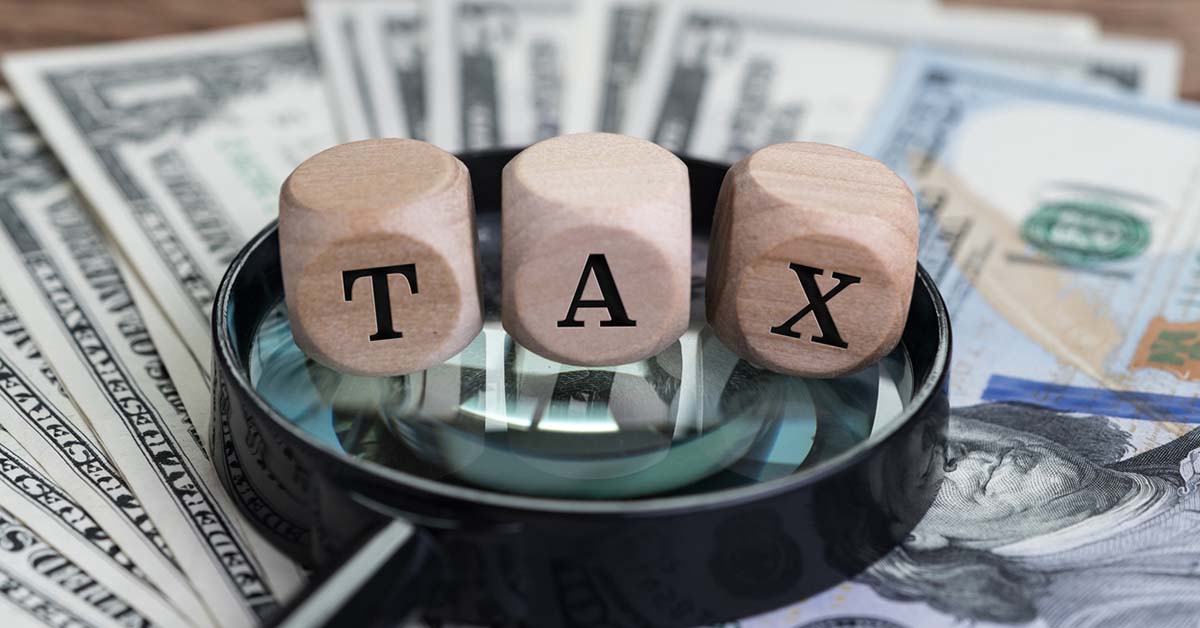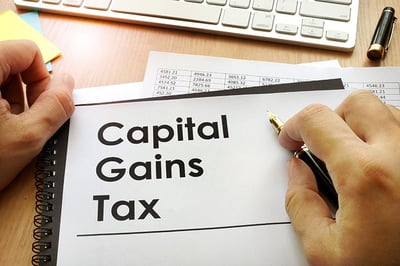Where Do You Record Unrealized Gains and Losses?

Investments that have increased in value and are sold for profit generate realized gains, which are subject to capital gains taxes. Unrealized gains, on the other hand, are gains on paper that won’t be taxed unless you sell the investment for a profit.
Can You Tax Loss Harvest in an IRA?

Tax loss harvesting is a tax-advantaged strategy available to investors. It applies to securities and other assets. Basically, tax loss harvesting offsets gains with losses. But can it be applied to an IRA?
You Can Do a 1031 Exchange on a Primary Residence—Here's How

“Can you use a 1031 exchange for your primary residence?" is a common query among homeowners. However, the simple answer, according to IRS guidelines, is 'no.' A primary residence does not meet the 'held for productive use in a trade or business or for investment' requirement stipulated by IRC Section 1031. This requirement forms the foundation of a tax-deferred exchange. 1031 exchanges are used primarily to defer capital gains taxes on investment properties. Yet, it's worth noting that certain exceptions exist within the Internal Revenue Code, adding layers of complexity to this seemingly straightforward ruling.
Can A 1031 Exchange Be Used For New Construction?

A 1031 tax-deferment can be used on many types of investment property exchanges. However, can an investor use a 1031 Exchange for an upcoming construction project?
How Do You Calculate Basis for a 1031 Exchange?

When discussing 1031 exchanges, the concept of 'basis' becomes crucial. But what does it mean in the context of a 1031 exchange? Essentially, the basis of the replacement property acquired in a 1031 exchange is the same as the basis of the relinquished property, subject to certain adjustments. This basis carries over from your old property to your new one, effectively preserving the deferred gain for potential recognition in the future. It's this ability to defer capital gains taxes through basis transfer that makes 1031 exchanges such a powerful tool for real estate investors.
When A 1031 Exchange Is Not Always The Right Choice

Here at Realized, we help investors defer their capital gains and depreciation recapture liabilities from the sale of an investment property/properties. This is done through a tax code provision known as a1031 exchange and here at Realized, this is typically accomplished via investment in one or more 1031 exchange-qualifiedDelaware Statutory Trust (DST) offerings.






